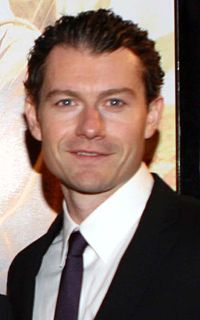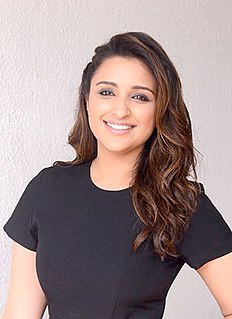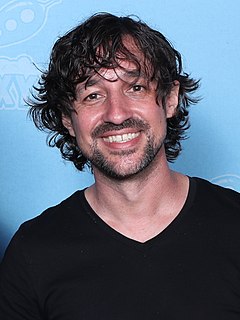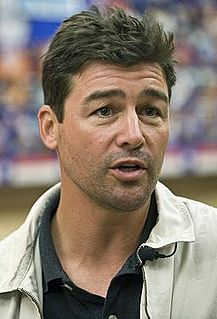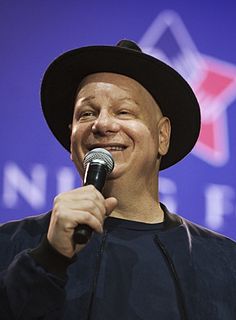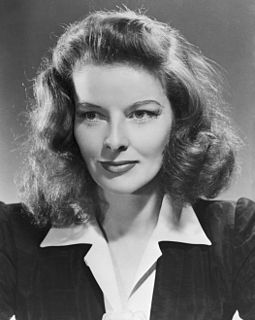A Quote by Louis Hofmann
When you finish reading a script and you realise that you didn't think of anything else, that you were just focusing on the script and were caught up in the story, then that's when I am amazed.
Related Quotes
As we were negotiating, I didn't have a script. Once the deal is closed, they let you read the script. So, I got the script and was reading it like, "Oh, please be good!," because I'd already signed on the dotted line. And I read it and just went, "Okay, I'm going to be okay. Thank god!" It was a really funny, moving story.
Every time I do a movie, I'm reading the script, or if it's something I have coming up, I'm reading the script, and I just spend hours and hours and days and weeks and months going over the script and just writing a lot of different ideas down, finding a little dialogue or just coming up with ideas for scenes and moments and all that kind of stuff.
Whenever I'm doing any film, there's always three different things. There's the script, which is really just a blueprint. And then, you shoot the movie and it's an entirely different experience than you would expect from reading the script. And then, there's the whole post process and the editing, and it becomes something else entirely.
I think Memento movie was hard because people didn't get it, they just didn't understand it. Not from the stage when we read the script and liked it. It's sort of a famous story now how we finished the movie and showed it to distributors and nobody wanted it. So it wasn't just they didn't get the script, they really didn't even understand the movie when it was done. But I think that was a particularly hard one. I don't think it was harder because we were girls, but I do think obviously there are particular challenges to working in a male-dominated industry.
I don't think it's unfair to have writers. I think if you're going to do a roast on television, as if you were doing a play or you were reading a script of a movie, you would have the best possible material. And those are the people who score, the people who are willing to listen to the roasting experts and then come out there and own that material.
I had no intention of replacing Arnold [Schwarzenegger]. There were a few things that made me want to do the movie. They were the script which had a different direction to it, and it was a chance to do a very different Quaid. I didn't read the short story until I went to college.Reading the story had a different effect on me of how I pictured him to be and the tone of the story was different. In the story, he's a bit more of an everyman.
We were brought up in the school that teaches: You do what the script tells you. Deliver the goods without comment. Live it-do it-or shut up. After all, the writer is what's important. If the script is good and you don't get in its way, it will come off okay. I never discussed a script with Spence [Spencer Tracy]; we just did it. The same with Hank [Henry Fonda] in On Golden Pond. Naturally and unconsciously we joined into what I call a musical necessity-the chemistry that brings out the essence of the characters and the work.
All directors make films in individual ways. But the classical kind of view of filmmaking is that you have a script, and it's very linear. There's a script, then you're going to shoot the script ,and then you cut that, and then that's the end of the film. And that's never really been how I've seen it.
The way I pick movies is, first, if the script is any good. Then, if the script is good, who else is in it, the director, the producer, all that. If you have all that, there's a chance the movie will be great. If the script isn't right, or the director or cast isn't right, you've got no shot in hell.

